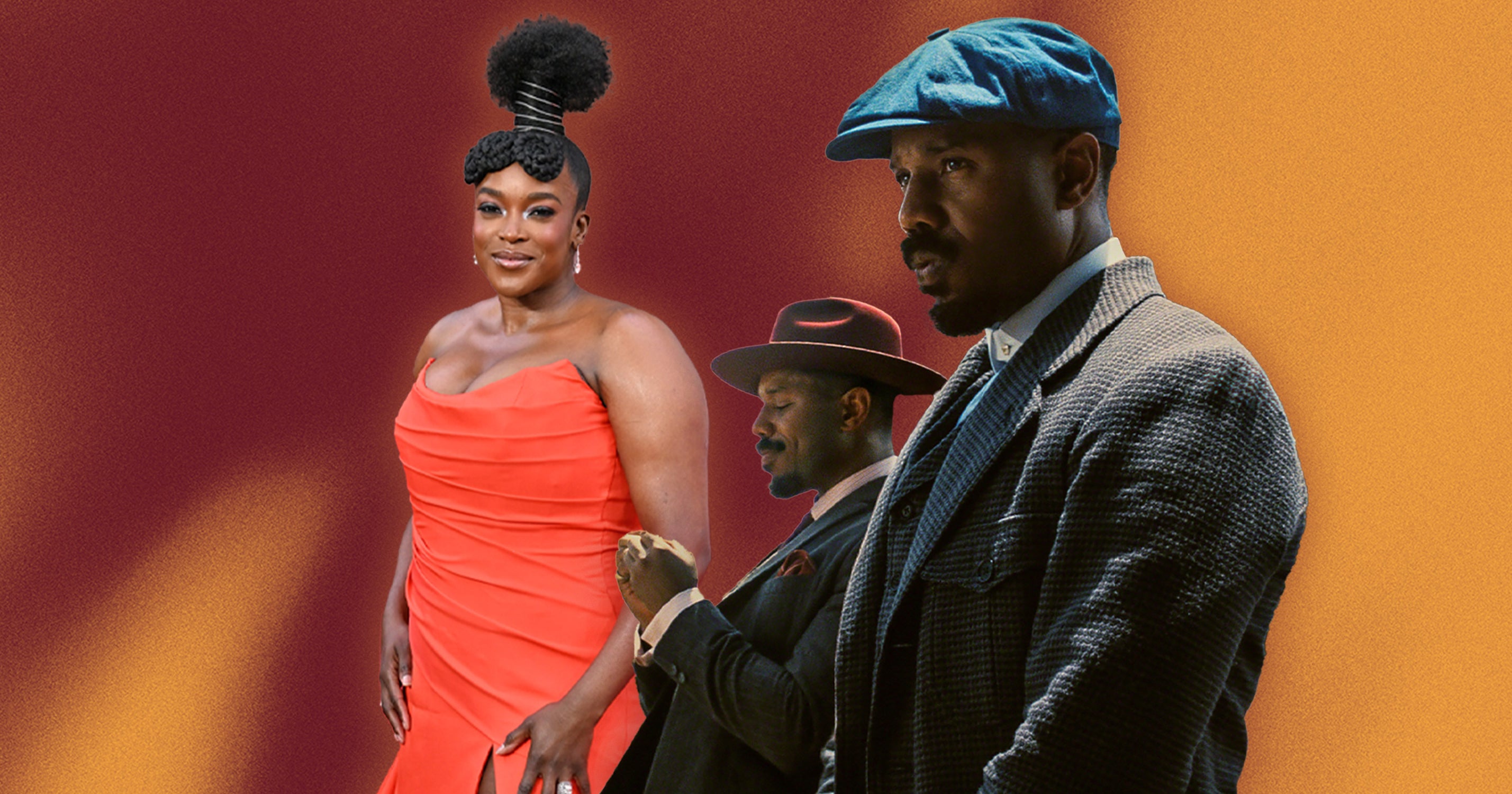Vanya is likely to work its magic more effectively on those who, like me, have seen Chekhov’s play more times than they can count. Everyone will be able to follow it, but those who know the original are bound to savor its oddities and subtleties with special relish.
The program credits three co-creators: director Sam Yates, adaptor Simon Stephens, and designer Rosanna Vize. Huzzahs to all for conceiving such a sly and smart work and giving it the efficiency and understatement it needs to shine. Scott, a heartthrob sad-sack best known as the “hot priest” in Fleabag, easily sold out the 650-seat Duke of York’s Theatre in the West End for six weeks last fall. Now Vanya is running for two months at the 295-seat Lucille Lortel Theatre in the West Village, which has made tickets expensive and scarce. I sympathize with those who can’t afford it, but if you have the cash and are on the fence, well, get off. Londoners would envy the chance to see it in such an intimate venue.
Vanya kicks off by admitting it’s a play. Scott walks on to a stage outfitted like a rehearsal hall—kitchenette, card table with liquor bottle, freestanding door, big moonish globe and squat pine tossed in corner (junk and landscape all at once)—and hits a wall switch timed to a lighting cue. As he does this, he grins knowingly as if to say, “Come on—share this moment of simple, wondrous fakery with me!” Over the next two intermissionless hours, he will do other stuff like that—anomalously boyish gags like pushing buttons on a sound-effects box that trigger yucks, farts and laugh tracks while playing Vanya (renamed Ivan), or doing a jubilant little skipping dance to “Entry of the Gladiators,” or waving at a piano that proceeds to play a tune on its own.
Weirdly enough, these absurd interludes feel perfectly right and vaguely magical rather than gimmicky and bathetic, because of the way the show frames Chekhov’s story as a sort of immersive experience of actor’s joy and folly. This is a play, we’re meant to understand, and it’s about play in both its sad and happy dimensions.
The story, to remind you, is about a string of calamities that occur one summer when the title character’s brother-in-law Alexander and his beautiful young wife come to stay at the rural country estate Vanya has been managing for years with his niece. Also there are a dissipated, once-handsome doctor, a feckless and mopey neighbor, a loyal old housekeeper, and a crackpot old mother—each a common Chekhovian type. What links them in this work is the nature of their self-delusions. Each is infected with a different form of melancholy or lassitude that cramps their lives in various ways. Improbably, the cramping adds up to a tragic feeling in the end.














